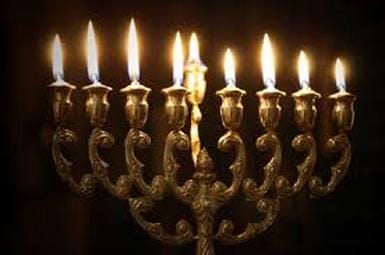|
Details
Archives
July 2024
AuthorTalmid of Rabbi Soloveitchik zatzal Categories |
- Blog: Rabbi David Etengoff: Parashat HaShavuah
- Sefer Bereishit 5784&5785
- Sefer Shemot 5784&5785
- Sefer Vayikra 5784&5785
- Sefer Bamidbar 5784 &5785
- Sefer Bereishit 5782&5783
- Sefer Shemot 5782&5783
- Sefer Vayikra 5782&5783
- Sefer Bamidbar 5782&5783
- Sefer Devarim 5782&5783
- Sefer Bereishit 5780& 5781
- Sefer Shemot 5780&5781
- Sefer Vayikra 5780&5781
- Sefer Bamidbar 578&5781
- Sefer Devarim 578&5781
- Sefer Bereishit 5778&5779
- Sefer Shemot 5778&5779
- Sefer Vayikra 5778&5779
- Sefer Bamidbar 5778&5779
- Sefer Devarim 5778&5779
- Sefer Bereishit 5776&5777
- Sefer Bereishit 5774&5775
- Sefer Bereishit 5772&5773
- Sefer Bereishit 5771&5770
- Sefer Shemot 5776&5777
- Sefer Shemot 5774&5775
- Sefer Shemot 5772&5773
- Sefer Shemot 5771&5770
- Sefer Vayikra 5776&5777
- Sefer Vayikra 5774&5775
- Sefer Vayikra 5772&5773
- Sefer Vayikra 5771&5770
- Sefer Bamidbar 5776&5777
- Sefer Bamidbar 5774&5775
- Sefer Bamidbar 5772&5773
- Sefer Bamidbar 5771&5770
- Sefer Devarim 5776&5777
- Sefer Devarim 5774&5775
- Sefer Devarim 5772&5773
- Sefer Devarim 5771&5770

 RSS Feed
RSS Feed
